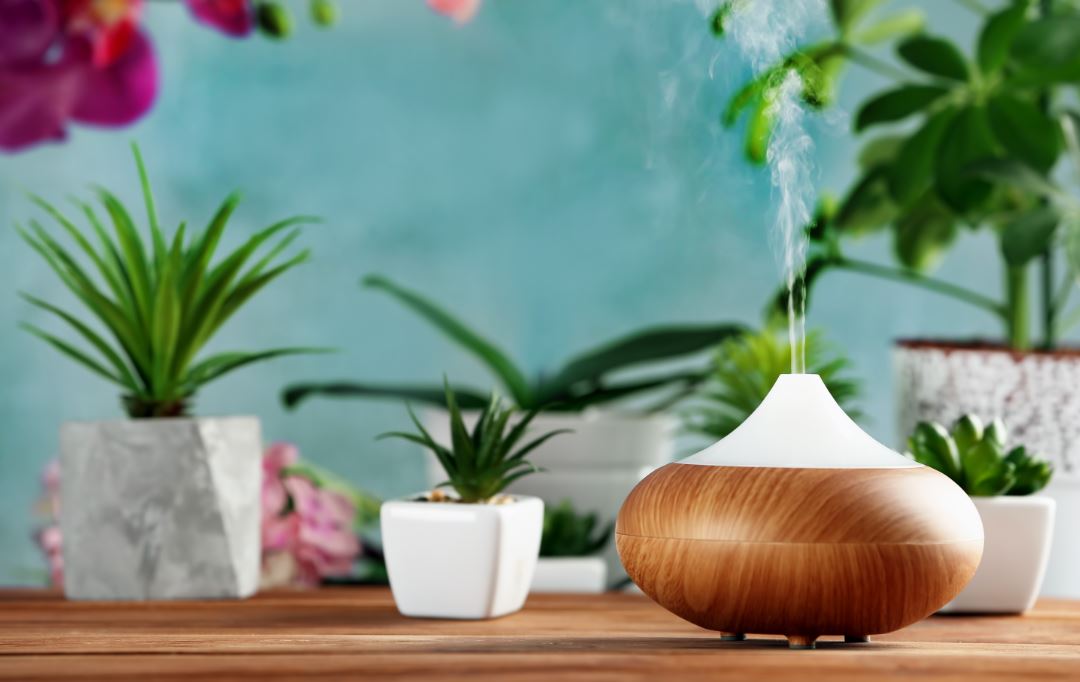

Dr. Rob Neilson is a board certified naturopathic physician and acupuncturist, and a graduate from the National College of Natural Medicine. He has completed a naturopathic residency in primary care medicine, and works as a primary care provider specializing in sports medicine and chronic pain management.
Let’s keep our lungs in tip-top shape this fall during the smoke season. I’m concerned about the combination of COVID and wildfire smoke, and am here as a resource for you to support your lung health.
Who is at risk? Some groups are at higher risk of the deleterious effects from smoke including people who have asthma, COPD, pulmonary fibrosis, or any other chronic lung condition.
Check the air quality: There are various online resources to check the status of the air quality. Air quality can change moment to moment, so I suggest that before heading outside, check the quality of the air. Airnow.gov is an excellent resource for in the moment air quality for anywhere you are in the United States.
Common symptoms from wildfire smoke: There are many symptoms, and the most common symptoms include: Sore throat, coughing, hoarse voice, sneezing, burning eyes, dry mouth, and fatigue.
What to do if air quality is poor? I hate to say it, but stay indoors when air quality is in the “unhealthy” range (orange – purple). Especially avoid exercising outside, which can be very damaging to lung health. I recommend outfitting your home with as many houseplants as you can. Spider plants, Peace Lilies, and Aloe Vera are some of the best indoor plants to improve air quality. I also recommend an air filter, like a HEPA filter, and an essential oil diffuser.
Diet greatly impacts lung health: If you have ever seen me as a patient, you know that I place a huge emphasis on what you eat. The foods you put into your body will create an inflammatory environment, or an anti-inflammatory environment. When it comes to how your body responds to wildfire smoke, the less inflammation, the better the outcome from smoke exposure. There are many particular healthy diets that you can follow, and one tried and true diet to reduce inflammation is the Mediterranean diet. This diet is loaded with anti-inflammatory foods including organic vegetables, healthy fats, and nutrient dense proteins.
The bottom line with the Mediterranean diet is to avoid processed foods, and to eat the majority of your diet as fresh foods, ideally organic.
What else to avoid? Reducing inflammation by not smoking tobacco and limiting alcohol are no-brainers for supporting your overall well being and lung health.
Specific foods for lung health: There are a few foods that are especially good for lung health from wildfires. Foods with the specific flavonoid called Anthocyanin are especially good. Anthocyanins are found in the dark red and purple colored fruits and vegetables including red cabbage, beets, blueberries, and cherries. Those anthocyanins are especially protective for the lungs. Other important foods include onions and garlic and green tea.
Does detox help? A little detox is an incredible way to reduce the burden of wildfire smoke on the body. In addition to the Mediterranean diet, I recommend regular sauna, and castor oil packs for at home detox. I also recommend regular massage and cupping to improve lymphatic circulation.
Acupuncture: Acupuncture treatments can be directed to boost lung qi, and act as a tonic for the lungs. I recommend getting acupuncture before you start having symptoms from wildfire smoke. As it is often said in Chinese medicine, “treating disease after it has already manifested is like digging a well after you are already thirsty. ” Ideally, support your lung health before you are already sick.
Herbs: Herbs are incredible. Don’t skimp on your herbal treatment. We can put together an individualized herbal formula for you, or you can come in to Hawthorn and use one of our products. This month, we are offering a lung supportive tea, which you can pick up in the front at Hawthorn. This tea has demulcent herbs including slippery elm and marshmallow, the lung tonic mullein, and the immune supportive herbs licorice and Oregon grape root. It is perfect for everyday lung support. We also have on hand Ayush Herb’s product, Bronchotone, which is a lung supportive formula that will give you protection during wildfire season.
The above treatment is directed to improve your lung health during wildfire season. It is also an approach to protect your lungs during this pandemic. Your body will thank you for reducing inflammation, getting bodywork and acupuncture treatments, and taking lung support herbs at this time.
